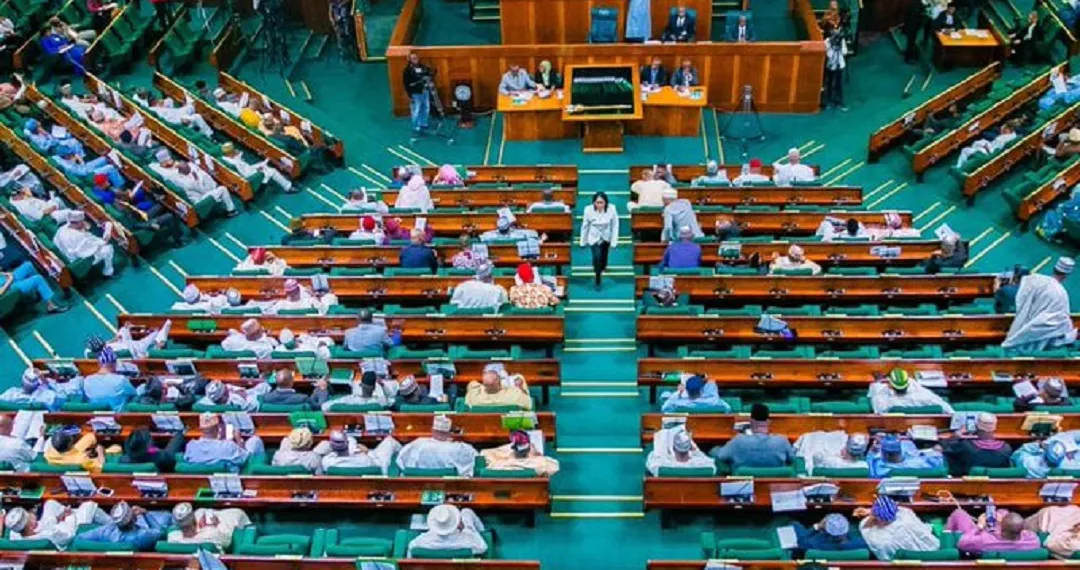
The House of Representatives has urged relevant federal government agencies to enforce stricter penalties against homicide and femicide in Nigeria.
While highlighting the increasing cases of homicide, including murder, manslaughter, and other violent crimes, which have sparked public outcry for justice across the country, the House stated that the right to life is a fundamental human right enshrined in the Constitution.
The House also called on religious organizations, the National Orientation Agency, the Ministry of Women Affairs, and advocacy groups to launch public awareness campaigns promoting ethical values, respect for human life, and educating young people on the dangers of ritual killings, murder, and manslaughter.
Adopting a motion sponsored by Rivers lawmaker Awaji-Inombek Abiante and three others during Tuesday’s plenary, the lawmakers lamented that femicide, which is the intentional killing of women and girls due to their gender, has become a significant concern, with several reported cases in recent years.
Following the adoption of the motion, the House urged the National Judicial Council to establish special divisions within existing courts at all levels to swiftly handle homicide, femicide, and related cases.
The recent murder of Lawal Yetunde, a young lady and private school teacher, allegedly by cleric Abdulrahman Ballo in Kwara State on Monday, February 10, 2025, has sparked public outcry.
The suspect was said to have lured Yetunde after connecting with her on Facebook and obtaining her phone number.
Ballo confessed that the lady died of an asthma attack after police discovered dismembered remains hidden in a bowl, along with the tools used in the killing.
Speaking on behalf of the sponsors, Abiante stressed that the right to life is a fundamental human right enshrined in the Constitution.
Abiante cited numerous incidents of such killings since February 2020, many of which remain unresolved.
He expressed alarm over delays in prosecuting homicide cases, leading to prolonged pretrial detentions, overcrowded correctional facilities, and the loss of crucial evidence, further eroding public confidence in the judicial system.
He also criticized the slow pace of justice, which allows some perpetrators to gain media attention while serious trials drag on for years.
He referenced the case of Chidinma Ojukwu, who remains on trial for the murder of Usifo Ataga, and the notorious kidnapper Evans, facing murder charges yet controversially awarded a scholarship for further studies.
He argued that establishing special divisions within existing courts with exclusive jurisdiction over homicide and related cases will expedite justice, reduce backlogs, and restore public confidence in the legal system.
He said ethical enlightenment through public awareness campaigns focusing on instilling ethical values and respect for human life, along with the integration of emotional intelligence programs to help young people develop non-violent problem-solving skills, could help curb this menace.
